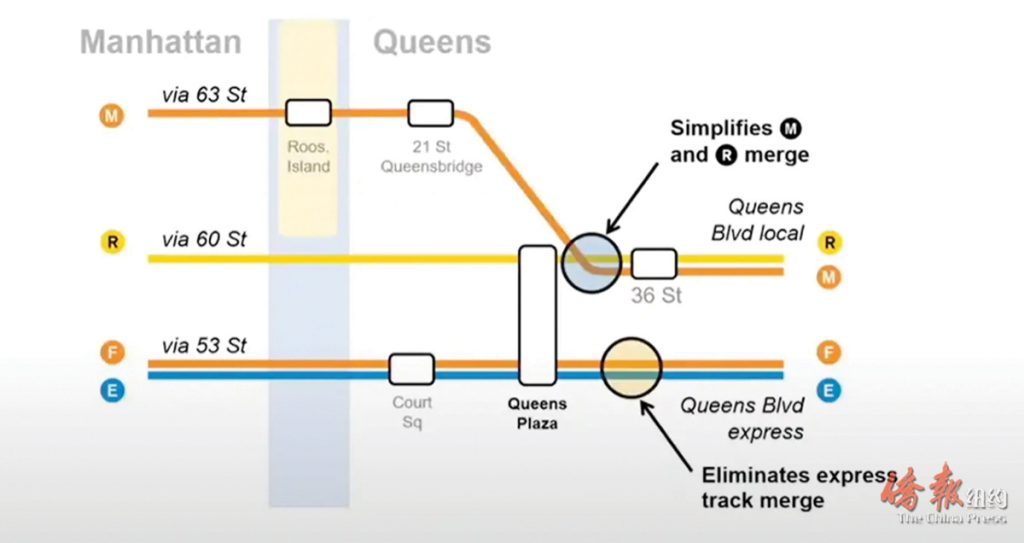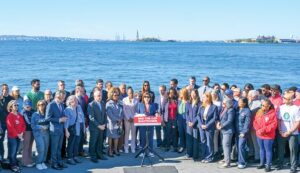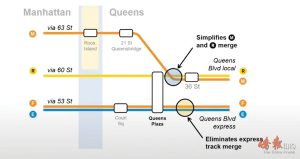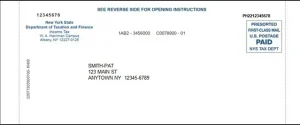Subway F and M lines will interchange on the Donghe Tunnel route starting December 8th
The MTA announced that the F and M lines will swap tracks in the East River Tunnel between Manhattan and Queens starting December 8th, resulting in changes to several stops and routes.
![]()

The MTA announced that the F and M lines will swap tracks in the East River Tunnel between Manhattan and Queens starting December 8th, resulting in changes to several stops and routes.
This change means that starting December 8th, M trains traveling from Manhattan to Queens will stop at Roosevelt Island (21st Street) and the Queensboro Bridge, instead of Queens Plaza. Instead, they will continue the F line’s existing route, traveling inbound from East 63rd Street in Manhattan toward Sixth Avenue. At the same time, F trains will transition to traveling alongside the E train in the 53rd Street Tunnel across Queens and Manhattan, replacing the M train at Court Square and Queens Plaza.
Because both the F and E lines run express trains in Queens, MTA Director of Rail Network Planning Alan Foster said at a committee meeting on Monday, “This will completely isolate local train service from express service, so delays are much less likely.” Officials said running through the same tunnel would eliminate minor subway bottlenecks that delay riders on the F and E lines, as well as local M and R trains.
MTA documents estimate that the change will shave at least a minute off commute times for approximately 47,000 weekday morning passengers. Due to the current routing, 15% to 20% of peak-hour trains on the E, M, and R lines are delayed at Queens Plaza.
In addition, the F line will switch back to using the old 63rd Street Tunnel on nights and weekends, as the M line currently doesn’t offer service on weekends and nights.
MTA spokeswoman Joana Flores said signage at the eight stations affected by the change will be updated in the weeks leading up to the swap, and the MTA plans to provide extensive notice to passengers about the route swap. The adjustment is estimated to cost the MTA $1 million annually.
![]()




